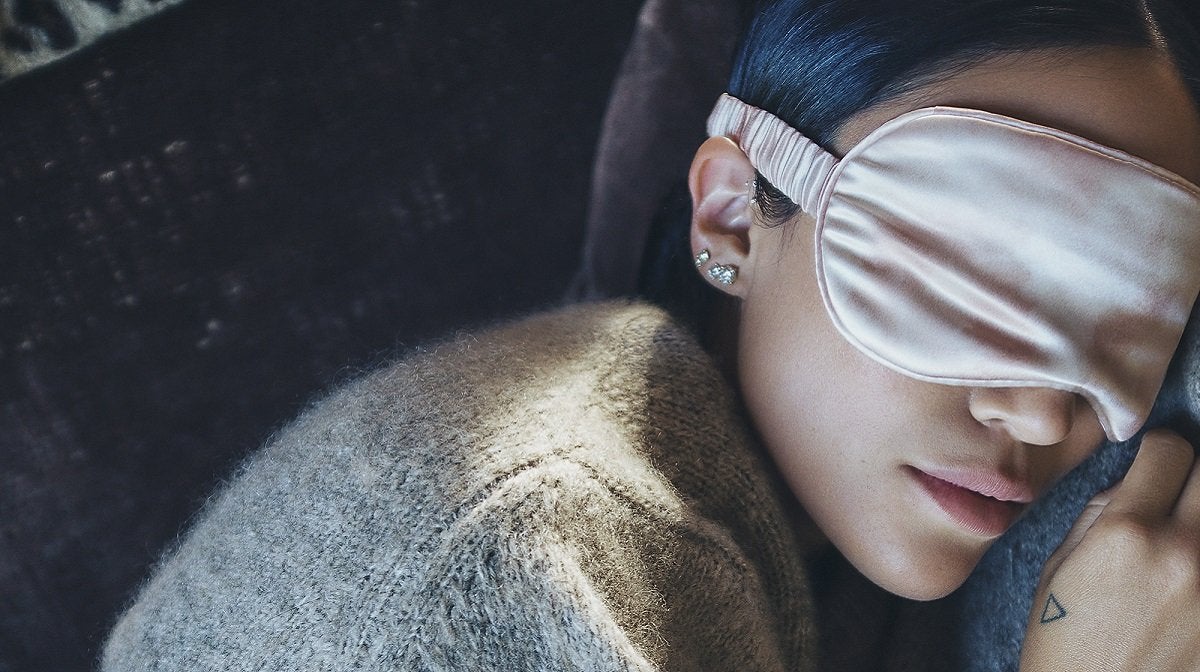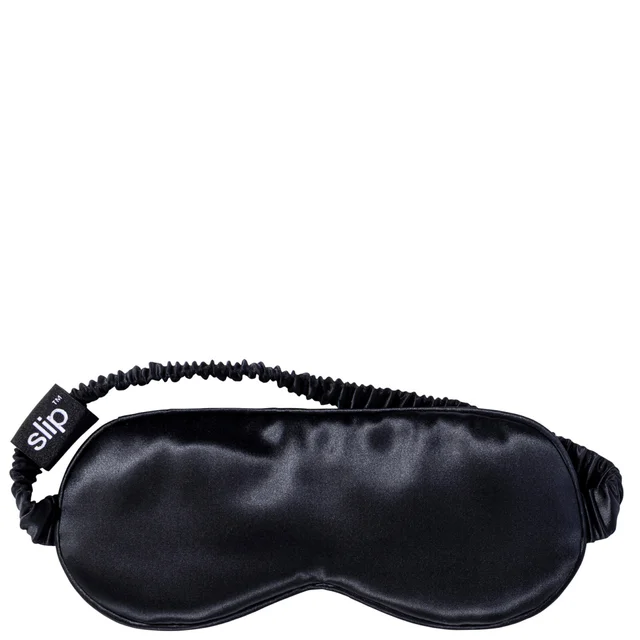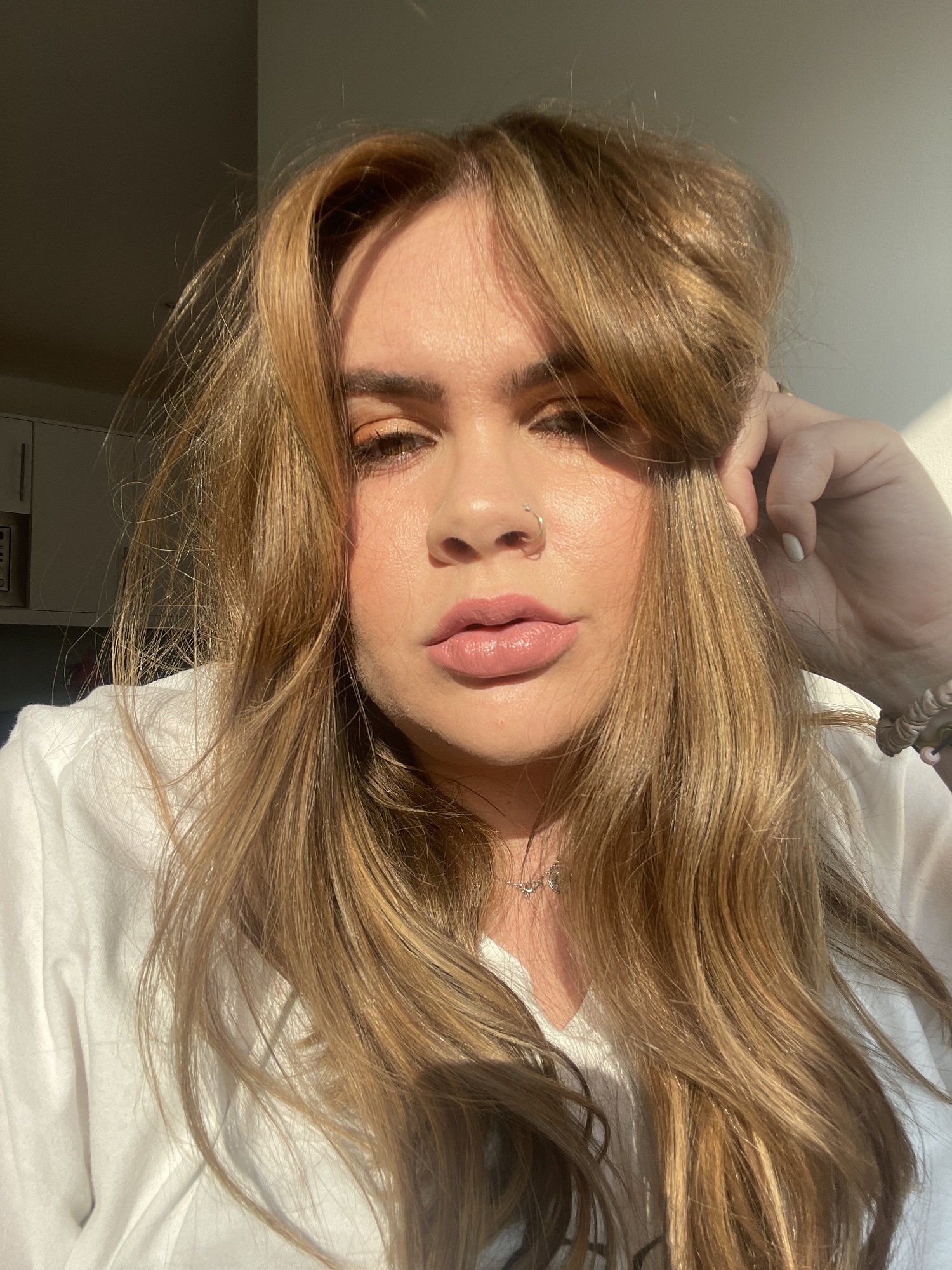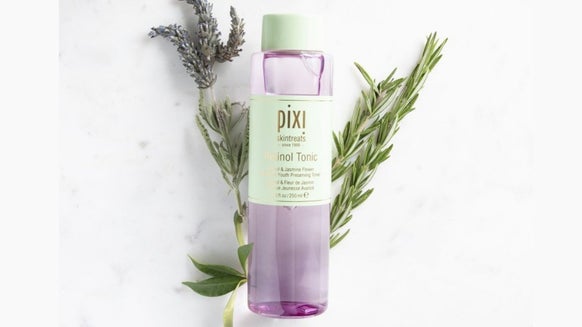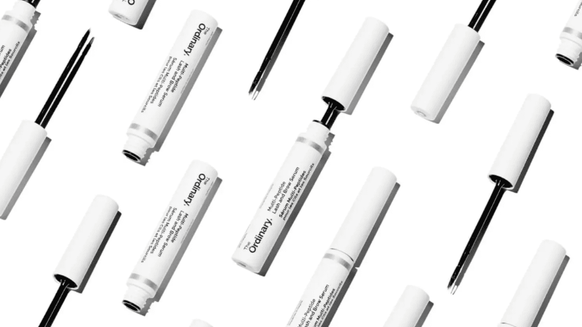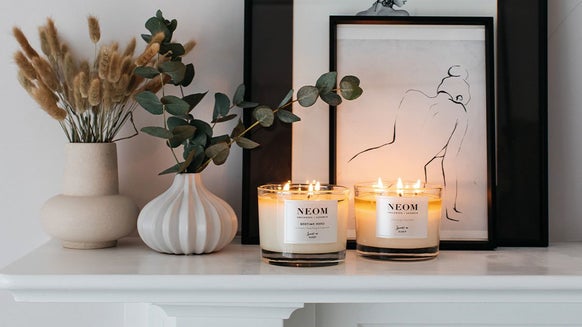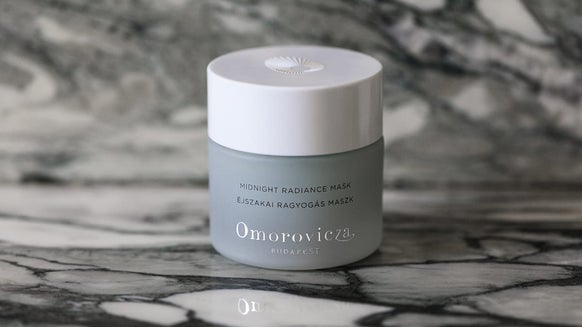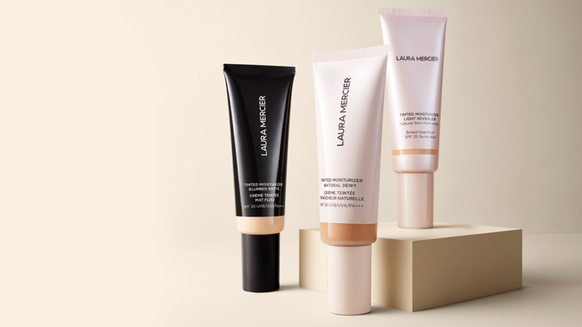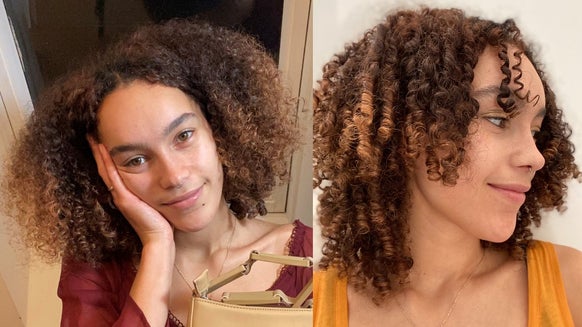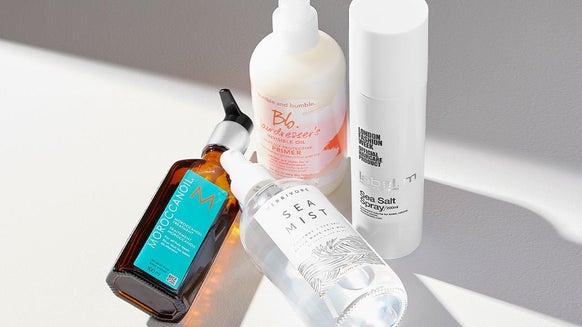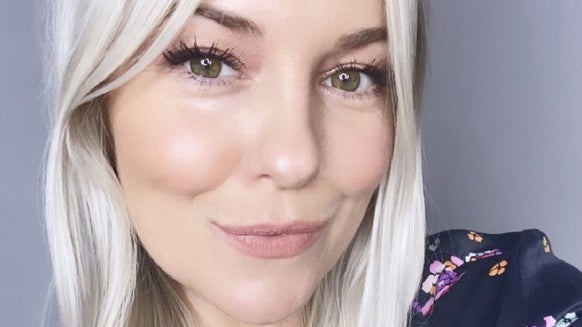It might be age-old advice, but is getting eight hours a night really as vital as it’s made out to be? LOOKFANTASTIC investigates.
Somewhere, almost out of nowhere, life has started to have a semblance of normality. The world appears to have returned to normal, which means zoom calls are back to face-to-face meetings, and our diaries are getting fuller by the minute.Despite the fact we’re busier than we have been for the last two years and seemingly more tired than ever (lots of social contact after months of almost zero will do that) we’re still struggling to get a full night’s sleep. But, with experts and studies saying everything from glowing skin to stronger, longer hair can be achieved with a decent amount of shut-eye, we’re wondering if sleep can really be the secret to (free!) anti-ageing.
What exactly is beauty sleep?
It’s a term that we’ve all grown up with, but beauty sleep is a real, legitimate thing. Aside from the fact that a good night’s kip will leave you feeling like you can take on the world, it can work wonders for your hair and skin. When you snooze, your levels of stress hormone cortisol decrease, which allows levels of sleep hormone melatonin to increase. That essentially means that we go into repair mode at night time. In contrast, it’s during the day time that your body is busy defending against things like pollution, free radicals, bacteria and other harmful things we don’t realise we’re exposed to.Then, when you have a sleepless night, your body assumes it’s as a direct result of being stressed (which, let's be honest, probably is why). In fact, a 2018 study by the American Academy of Sleep Medicine found that sleep deprivation leads to paler skin and more wrinkles or fine lines. That’s because cellular turnover happens more quickly at night time, a process experts say is at its peak from around 11pm to 4am, and not sleeping can hinder that.However, it’s also worth noting that, while a restless sleep is arguably better than no sleep, it won’t have the same benefits as a deep slumber. It’s during those truly undisturbed hours, called REM (rapid eye movement) sleep, that collagen production happens. Without that, you might see a lack of firmness in skin, and fine lines and wrinkles are more likely to develop too.
Does sleep actually have anti-ageing effects on your skin?
In short, yes it does. Collagen production and cell turnover are two of the key building blocks of skin, and both happen while you snooze. The former is what keeps skin looking plump, and the latter is the process of creating new cells to replace existing ones, to ward off damage while ensuring skin stays as healthy as it can be.And while that all sounds pretty impressive, it’s also vital that you give your skin a helping hand so it can do its best work. That means always cleansing your skin at night time, getting rid of the day’s makeup and sunscreen along with all the pore-clogging dirt, oil and pollution that you’ve picked up along the way. Otherwise, all that grime could actually sink into skin and cause things like dry skin, inflammation or acne breakouts.It’s also worth following the cleanse with, at the very least, a hydrating cream that will lock in moisture. Or, step things up a gear with a powerhouse ingredient like retinol. Loved by dermatologists and skincare experts, retinol is a form of vitamin A that works to speed up skin cell turnover and promote collagen production to smooth lines and enhance skin texture.
Can sleep make hair grow quicker?
As well as making skin glow, a solid night’s sleep can work wonders for your hair, too. If it’s longer, more voluminous hair you’re after (aren’t we all?) listen up, because poor sleep can have an impact on your hair’s overall health.Once again, it’s all to do with your levels of melatonin, which help your body regulate its sleep cycle. Studies have shown that while it can increase hair growth, a decline in melatonin could actually lead to hair loss, as can stress-induced sleep deprivation.
How to get a good night’s sleep
So it seems that, actually, getting a good, solid sleep (ideally between six and nine hours every night) is vital, not just for your skin and hair, but for your mental health and wellbeing too. But if it’s something you struggle with, try not to stress - that’ll only make things worse. Instead, here are a few of our tried and tested tips that could help you wind down and switch off after a long day.
Spend time doing your skincare routine
It might sound basic, but using your night time routine to signal the end of a working day can help you relax. There’s no denying that it’s hard to differentiate between being switched on and switched off, especially if you’re still working from home, but indulging in a thorough nightly cleanse really can work wonders, both for your skin and mind.
Choose a cleansing balm, like Neom’s Perfect Night’s Sleep or Elemis’ Pro Collagen balm, and really massage it into skin. Then use something like CeraVe's Hydrating Cleanser to prep your skin for the skincare you’re about to apply.
Invest in a pillow spray
Lavender has been shown to help aid relaxation, ease anxiety and stress and calm the mind. This Works’ award-winning Deep Sleep Pillow Spray is a cult favourite for a reason: it really works. Formulated with a therapeutic blend of lavender, camomile and vetivert oil, spritz it onto your pillow and on your pyjamas before climbing into bed to help you fall asleep faster and wake up feeling more refreshed.
Use a sleep mask
Blocking out any and all light, as well as being less likely to be woken up by a flashing phone light or an early sunrise, an eye mask can really help improve the quality of your sleep. Slip’s bestselling sleep masks have been developed and refined over the last decade, combining the very best, highest quality silk with optimum thickness and softness in order to help you drift off into the very best of uninterrupted slumbers.
Put your phone on airplane mode
OK, so it might be one that you hear all the time, but if you haven’t actually tried either switching your phone off or putting it on ‘do not disturb’ mode, you really should. Not only will it help you to relax, but the blue light emitted from the screen is actually proven to make it more difficult to fall asleep. That’s because it can interrupt the production of melatonin. Time to raid your shelves for a good old fashioned book to read, maybe?
